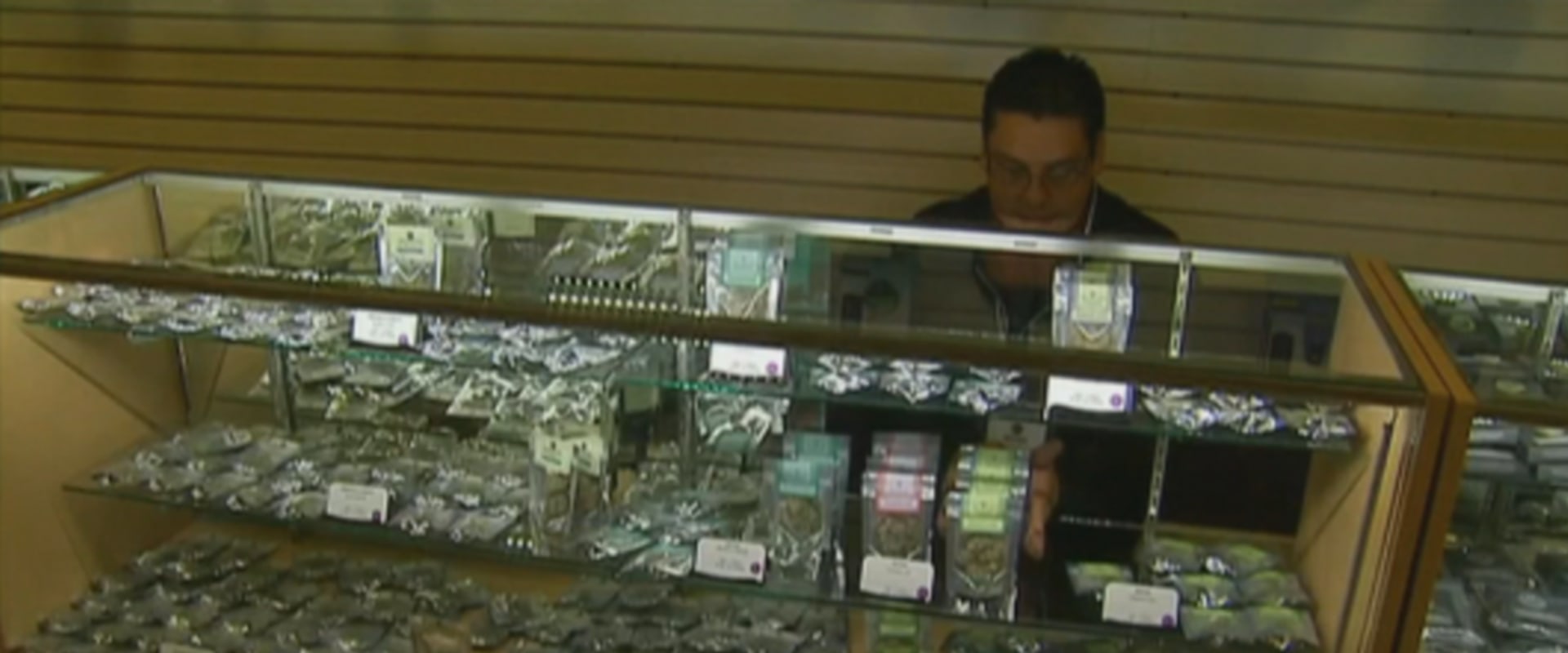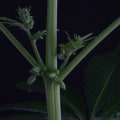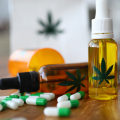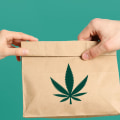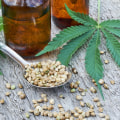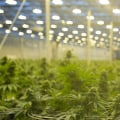You must be 19 or older to buy, use, possess, or cultivate non-medical cannabis in B, C. There are strict laws and regulations surrounding the legalization of non-medical cannabis. Before buying, consuming or growing your own non-medical cannabis, learn more about what's legal and what's not. To protect their health, keep young people safe and help prevent crime in their community, non-medical cannabis is sold exclusively in government-managed stores, licensed private retailers and in stores B, C.
British Columbia's alcoholic beverage distribution branch operates public retail stores and an online store. The list of public retail stores is available on the BC Cannabis Stores website. The Liquor and Cannabis Regulation Branch is responsible for licensing and monitoring. Licensed private retailers can sell cannabis and cannabis accessories.
They cannot sell liquor or tobacco or any other item other than cannabis and accessories for cannabis. The list of retailers authorized by the province is available on the Columbia Division of Liquor and Cannabis Regulation page. Legal retailers must show a valid license where visible to the public. All legal non-medical cannabis has an excise stamp attached to its packaging.
Federally licensed producers and processors apply the appropriate British Columbia tax stamp. If the product doesn't have a British Columbia seal, it's not legal to sell it in B, C. Each province and territory has a different colored cannabis excise stamp for products sold in their jurisdiction. Adults over the age of 19 can carry up to 30 grams of dry non-medicinal cannabis, or its equivalent, in a public place.
In addition, adults cannot possess more than 1000 grams of dry non-medicinal cannabis, or its equivalent, in a non-public place, such as at home. This limit is per household and is based on the expected yield of four cannabis plants. Adults over the age of 19 can generally smoke or vape cannabis in public spaces where smoking tobacco and vaping are allowed. However, remember that secondhand smoke can be harmful and irritating to people, especially children, so be careful when smoking in public spaces.
Community care centers, assisted living residences, and hospitals can designate specific rooms in which residents or patients can smoke or vape cannabis. Non-medical use of cannabis (in all its forms) is prohibited on K-12 school properties, as well as on adjacent sidewalks or boulevards. It is also illegal for both the driver and the passenger to consume non-medical cannabis in a car. Local and indigenous governments may establish additional restrictions on the public use of non-medical cannabis by virtue of existing powers to establish statutes.
There are exemptions for the use of medical cannabis authorized by Health Canada on school property and on intercity buses, trains and ships, provided that specific requirements are met. Details are available in the Cannabis Control Regulations in Part 4, Cannabis. The fact sheet on public consumption (PDF, 635 KB) provides additional details on public consumption in B, C. (PDF, 635KB) Medical cannabis is the responsibility of Health Canada.
For more information, visit Health Canada. There are strict federal regulations surrounding the promotion of cannabis. In addition, under provincial regulations, it is illegal for anyone without a retail license issued by the Alcoholic Beverages and Cannabis Regulation Subdivision to advertise as an authorized retailer. In addition, no one can market, advertise or promote a place as a place to consume cannabis, or spend time after consuming it.
For more information on provincial regulations on advertising and promotion, see sections 36 and 37 of the Cannabis Control Regulations and section 9 of the Transitional Regulations for the Control and Licensing of Cannabis. The information in this form is collected under the authority of Sections 26 (c) and 27 (c) of the Freedom of Information and Protection of Privacy Act to help us evaluate and respond to your inquiry. Questions about gathering information can be directed to the Corporate Web Manager of the Government's Digital Experience Division. If you want to sell or market cannabis in B, C.
Find information about cannabis licenses, including how to apply for or modify your license and what certification you need to work in a cannabis store. A retail store license for producers allows federal producers to sell cannabis and cannabis accessories in stores located at their production site. A retail cannabis store license allows licensees who are not on federal cultivation sites to sell non-medical cannabis and cannabis accessories in B, C. A marketing license allows sellers to promote the products of licensed federal cannabis producers to licensed retail cannabis stores and to individuals over 19 years of age.
Learn how to renew, change, relocate or transfer your license. Get resources and information on advertising, social responsibility posters and partnership forms. Learn about the responsible service training you need as a cannabis worker. Read these guides to understand the role that local governments and indigenous nations play in the process of applying for cannabis licenses.
Access an Excel list of cannabis stores and purchase legal information, including how to recognize illegal cannabis retailers. Check the locations of cannabis stores and buy legal information to find out where you can buy legal and non-medical cannabis. Access the Alcoholic Beverage and Cannabis Licensing Portal. Adults can buy legal cannabis products, seeds and plants at authorized retailers.
You are responsible for knowing what is legal in the province or territory where you live or visit. Public and private stores can sell dry cannabis, cannabis oils that meet federal requirements, and seeds. Stores can also sell cannabis accessories, as defined in the proposed federal cannabis law, that is,. The LDB is actively investigating additional locations across the province to deploy its network of British Columbia cannabis stores.
As a government retailer, the alcoholic beverage distribution branch is the only entity that offers online sales through its BC online cannabis store. The LDB's BC cannabis online store ensures that British Columbians have access to a regulated and safe product, regardless of where they live in British Columbia. Public and private stores will be able to sell dry cannabis, cannabis oils that meet federal requirements, and seeds. The LDB will actively seek to establish its stores in rural, urban and indigenous communities that have introduced guidelines and statutes that clearly dictate where public and private cannabis retailers can operate.
The LDB is currently investigating suitable locations across the province for its future network of British Columbia cannabis stores. Non-medical cannabis retail stores will comply with the zoning statutes, security codes and business licensing requirements of the municipality in which they wish to do business. Non-medical cannabis will only be sold in independent cannabis retail stores and will not be sold together with other products, such as liquor. The LDB is actively seeking opportunities to establish its stores in municipalities that pass resolutions in favor of public stores.
. .
